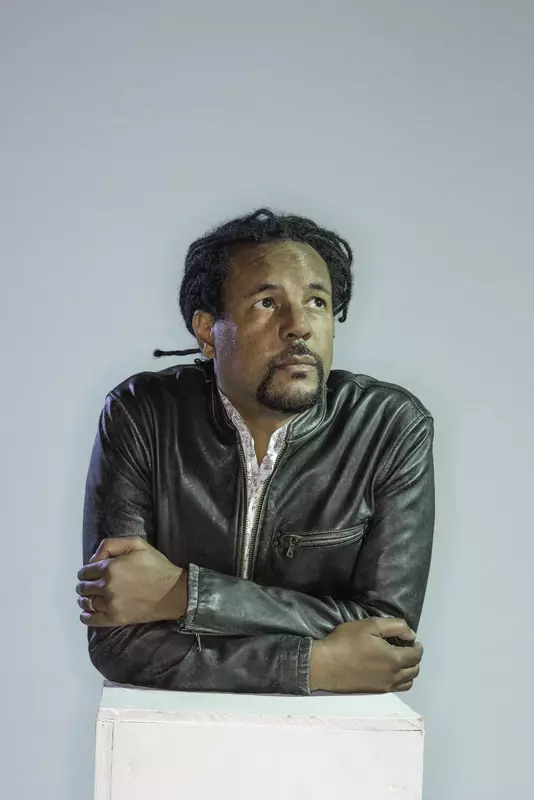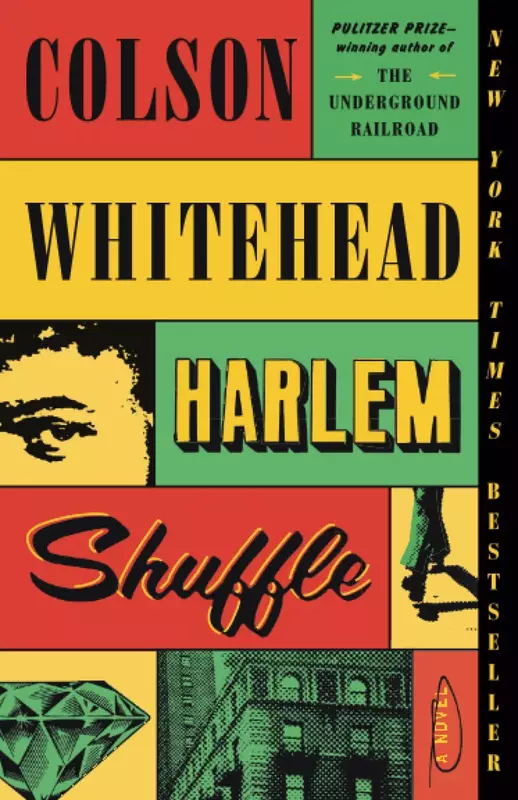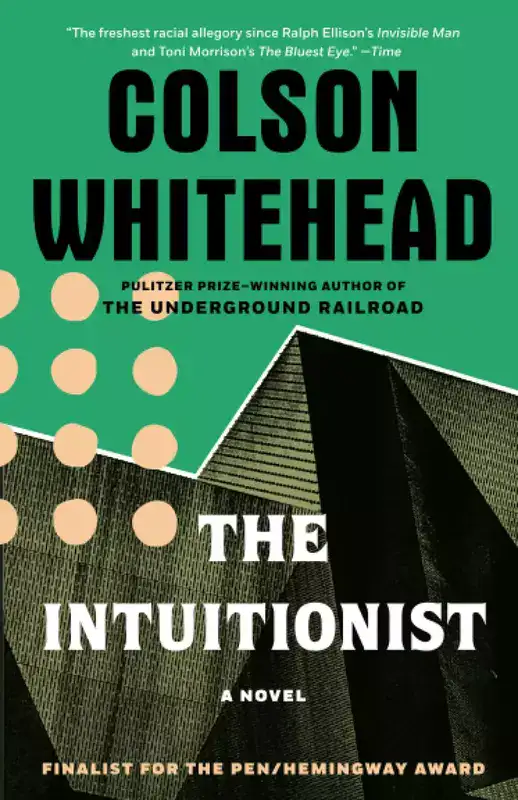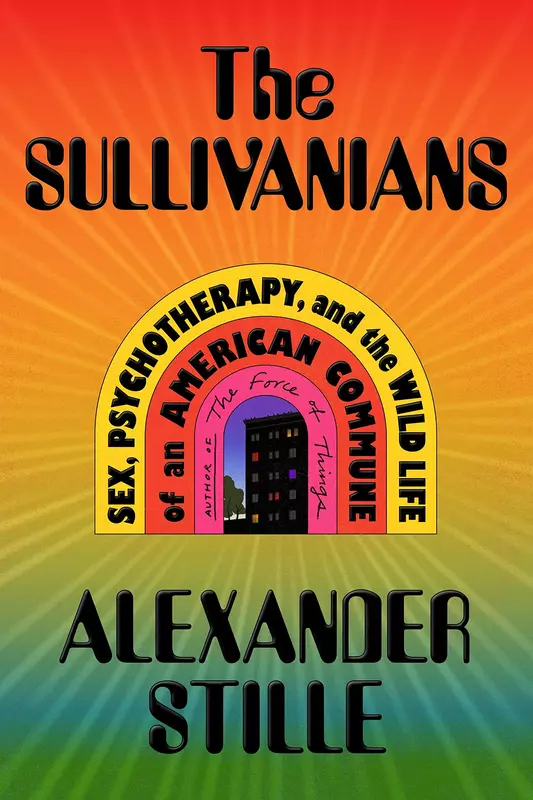This post may contain affiliate links. Read more here.
Book club questions for Crook Manifesto by Colson Whitehead explore the themes of crime, resilience, and the turbulent era of 1970s New York City.
Wow, what an amazing novel! Throughout the pages, I found myself reflecting on the historical backdrop and the underlying messages conveyed by the author. It’s like going on a journey through time and place, and I can’t wait to hear what you all think about it.
This post contains the book club questions for Crook Manifesto for discussion with your book club. At the bottom of the post, I have also attached the discussion prompts in a downloadable PDF for your convenience.
I hope you find it useful!
Let me know your thoughts in the comment section below.
About the Story
In the 1970s, New York City is a chaotic and dangerous place, with crime on the rise and the city on the brink of bankruptcy. Ray Carney, a furniture store owner and former fence, tries to lead an honest life, but he’s drawn back into the criminal world when he needs to get Jackson 5 concert tickets for his daughter. With the help of his partner in crime, Pepper, he navigates a treacherous world of hustlers, mobsters, and hit men.
As the years pass, Harlem becomes a battleground, and Carney and Pepper must confront the corrupt forces that threaten their community. Along the way, they encounter Hollywood stars, up-and-coming comedians, and celebrity drug dealers. Amidst the chaos and danger, the duo must navigate the changing landscape of the city and the meaning of family.
Crook Manifesto is a darkly funny and gripping tale of a city in turmoil, offering a vivid and profound portrait of Harlem during a pivotal time in history. Colson Whitehead’s masterful storytelling brings to life a world of crime, resilience, and the complexities of human connections.
About the Author

Colson Whitehead is an accomplished author based in Manhattan, celebrated for his outstanding literary achievements and numerous prestigious awards. He began his writing career by contributing reviews on television, books, and music to the esteemed publication, Village Voice.
Whitehead’s impressive bibliography includes a diverse range of captivating works. “The Intuitionist” marked his debut novel, weaving intrigue within the world of elevator inspectors and earning nominations for esteemed awards. Subsequently, “John Henry Days” delved into American folklore, securing him further recognition, including a nomination for the Pulitzer Prize.
Beyond his fiction, Whitehead’s essays and reviews have graced esteemed publications such as the New York Times and The New Yorker. His exceptional talent has been acknowledged through esteemed fellowships and awards, and he continues to be an influential force in the literary world.
Book Club Questions for Crook Manifesto
I have also attached a free printable PDF of the book club questions for Crook Manifesto by Colson Whitehead at the bottom of this post!✨
- Ray Carney, the main character, is torn between his past life of crime and his desire to lead a straight-and-narrow path. How do you see his internal struggle evolve throughout the different parts of the novel? What events or moments influence his decisions?
- In the first part of the book, Ray needs to obtain Jackson 5 tickets for his daughter May and ends up getting pulled back into the criminal world. How does this decision impact the events that unfold later in the story? What does it reveal about Ray’s character and motivations?
- Pepper is described as an “endearingly violent partner in crime.” How does Pepper’s character add depth and complexity to the narrative? Discuss the development of his character and the role he plays in each part of the novel.
- The novel explores the historical backdrop of 1970s New York City, with trash-filled streets, rising crime rates, and a shooting war between the NYPD and the Black Liberation Army. How does the author use this turbulent era to enhance the atmosphere and themes of the story?
- Colson Whitehead’s writing style has been praised for its vivid sense of place and time. How does the portrayal of Harlem in the novel contribute to the overall experience and impact of the story?
- In the second part of the book, Pepper becomes involved in the world of Hollywood stars, up-and-coming comedians, and celebrity drug dealers. How does this environment affect Pepper’s actions and decisions? What themes emerge from this part of the story?
- The third part of the novel explores the challenges faced by the Tran family, Vietnamese refugees running a nail salon in Toronto. How does this aspect of the story connect with the larger themes of the novel, such as family and resilience?
- Ray Carney’s wife, Elizabeth, plays a significant role in his life and the story. How would you describe their relationship and its impact on the events that unfold in the novel? How does the portrayal of their marriage add depth to the overall narrative?
- Colson Whitehead is renowned for his masterful language and writing style. Can you identify specific passages or quotes from the book that stood out to you as particularly well-crafted or emotionally resonant? How did the author’s writing style influence your reading experience?
- Some people have mentioned that this book is the second in a trilogy featuring Ray Carney. If you haven’t read the first book, “Harlem Shuffle,” did you feel like you missed any crucial context or character development? If you have read the first book, how do the two novels complement each other, and what do you anticipate for the final installment in the trilogy?
- The book introduces corrupt characters and a network of corruption that reaches the highest levels of the city and its government. How does the theme of corruption play out in the narrative, and how does it contribute to the overall portrayal of the city in crisis?
- Colson Whitehead’s “Crook Manifesto” is described as a darkly funny tale. Can you identify moments of humor in the novel? How does the use of humor impact the overall tone and themes of the story?
- The novel is divided into three parts, each focusing on different characters and events. Discuss the structure of the book and how it contributes to the overall narrative. Did you have a favorite part or character? Why?
- The book’s ending leaves some questions unanswered and suggests the possibility of a continuation in a trilogy. What are your thoughts on the ending, and would you be interested in reading more about these characters and their world in future installments?
- Overall, what was your favorite aspect of “Crook Manifesto”? How does the novel compare to other works by Colson Whitehead that you may have read? Would you recommend this book to others? Why or why not?
Selected Reviews for Crook Manifesto
“Dazzling … a glorious and intricate anatomy of the heist, the con and the slow game … [Whitehead] uses the crime novel as a lens to investigate the mechanics of a singular neighborhood at a particular tipping point in time. He has it right: the music, the energy, the painful calculus of loss. Structured into three time periods — 1971, 1973 and finally the year of America’s bicentennial celebration, 1976 — “Crook Manifesto” gleefully detonates its satire upon this world while getting to the heart of the place and its people.”
—Walter Mosley, New York Times Book Review (cover)
“A dazzling sequel to Harlem Shuffle … Two-time Pulitzer-winning author Whitehead shows no sign of resting on his laurels. Crook Manifesto continues the brilliantly realized sequence that began with Harlem Shuffle, intricately depicting cultural history and family drama with the compelling energy of a crime thriller and the sharp wit of social satire. Harlem itself is one of the lead characters, and there are echoes of other chroniclers of this burg such as James Baldwin and Chester Himes. In ambition and scope, in the way the intimate is so deftly weaved with the epic, one is also reminded of Balzac. Whitehead has embarked on a great comédie humaine of his own.” —The Guardian
Additional Recommendations
Hope you enjoyed the book club discussion questions and reading guide for Crook Manifesto by Colson Whitehead!
Here are some more of my book club recommendations related to this book:
Harlem Shuffle by Colson Whitehead
None of them would claim to be a particularly good person. But who among them is actually capable of murder?
Jen Weinstein and Lauren Parker rule the town of Salcombe, Fire Island every summer. They hold sway on the beach and the tennis court, and are adept at manipulating people to get what they want. Their husbands, Sam and Jason, have summered together on the island since childhood, despite lifelong grudges and numerous secrets.
Their one single friend, Rachel Woolf, is looking to meet her match, whether he’s the tennis pro―or someone else’s husband. But even with plenty to gossip about, this season starts out as quietly as any other.
Until a body is discovered, face down, off the side of the boardwalk.
Stylish, subversive, and darkly comedic, this is a story of what’s lurking under the surface of picture-perfect lives in a place where everyone has something to hide.
The Intuitionist by Colson Whitehead
It is a time of calamity in a major metropolitan city’s Department of Elevator Inspectors, and Lila Mae Watson, the first black female elevator inspector in the history of the department, is at the center of it.
There are two warring factions within the department: the Empiricists, who work by the book and dutifully check for striations on the winch cable and such; and the Intuitionists, who are simply able to enter the elevator cab in question, meditate, and intuit any defects.
Lila Mae is an Intuitionist and, it just so happens, has the highest accuracy rate in the entire department. But when an elevator in a new city building goes into total freefall on Lila Mae’s watch, chaos ensues. It’s an election year in the Elevator Guild, and the good-old-boy Empiricists would love nothing more than to assign the blame to an Intuitionist. But Lila Mae is never wrong.
The sudden appearance of excerpts from the lost notebooks of Intuitionism’s founder, James Fulton, has also caused quite a stir. The notebooks describe Fulton’s work on the “black box,” a perfect elevator that could reinvent the city as radically as the first passenger elevator did when patented by Elisha Otis in the nineteenth century. When Lila Mae goes underground to investigate the crash, she becomes involved in the search for the portions of the notebooks that are still missing and uncovers a secret that will change her life forever.
The Sullivanians by Alexander Stille
The devolution of the Sullivan Institute, from psychoanalytic organization to insular, radical cult.
In the middle of the Ozzie and Harriet 1950s, the birth control pill was introduced and a maverick psychoanalytic institute, the Sullivan Institute for Research in Psychoanalysis, opened its doors in New York City.
Its founders, Saul Newton and Jane Pearce, wanted to start a revolution, one grounded in ideals of creative expression, sexual liberation, and freedom from the expectations of society, and the revolution, they felt, needed to begin at home.
Dismantling the nuclear family―and monogamous marriage―would free people from the repressive forces of their parents. In its first two decades, the movement attracted many brilliant, creative people as patients: the painter Jackson Pollock and a swarm of other abstract expressionist artists, the famed art critic Clement Greenberg, the singer Judy Collins, and the dancer Lucinda Childs.
In the 1960s, the group evolved into an urban commune of three or four hundred people, with patients living with other patients, leading creative, polyamorous lives.
Happy reading! ❤️


